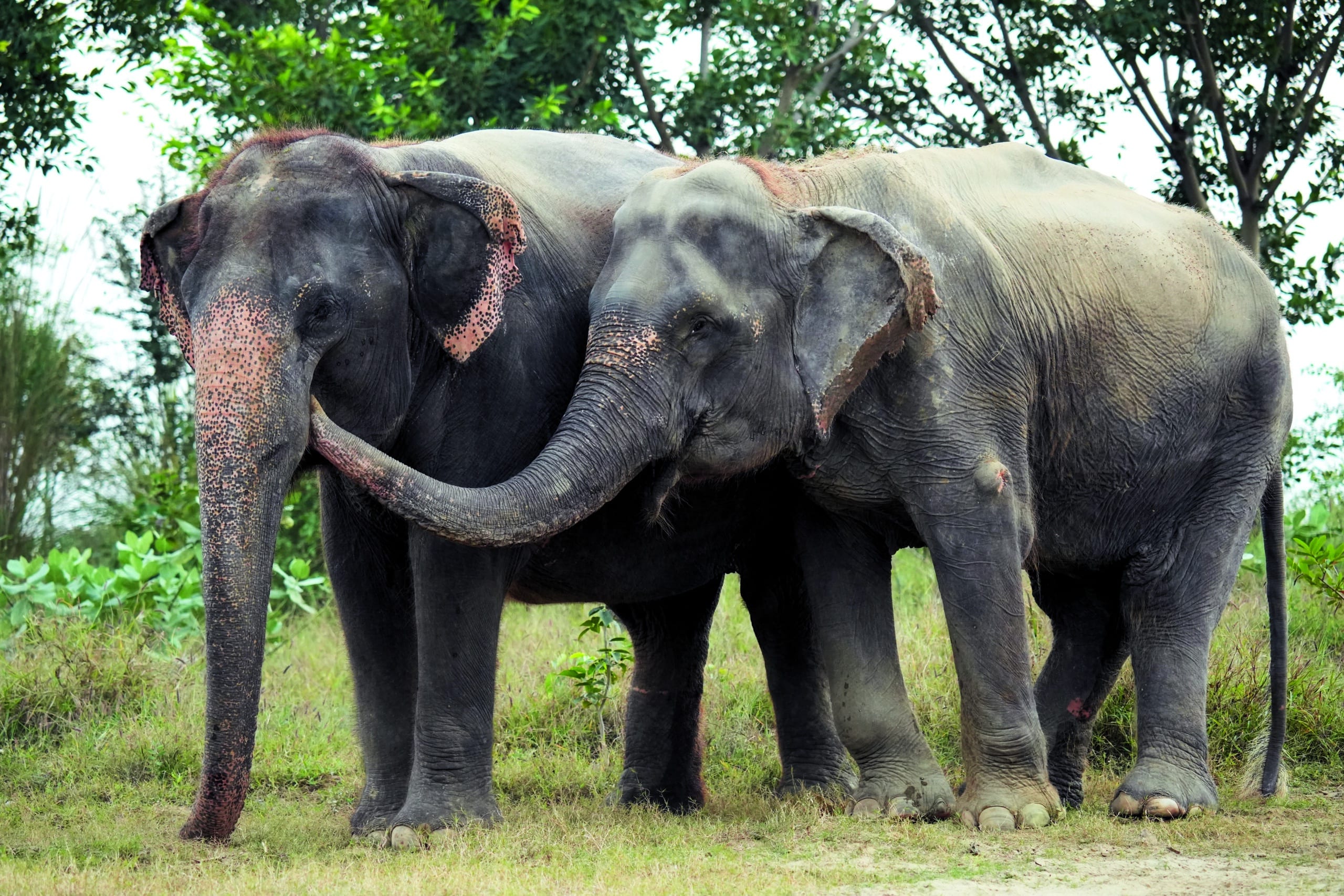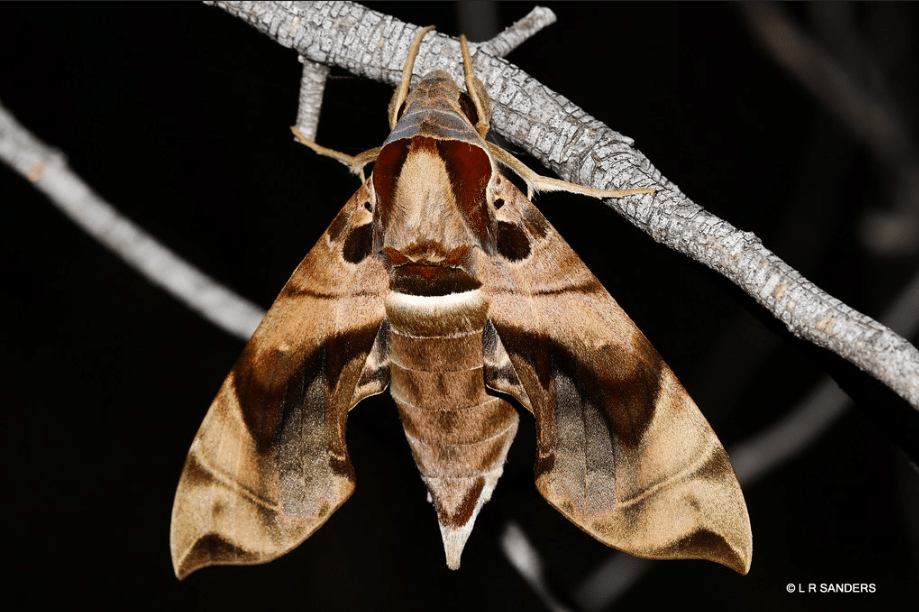You might remember Kalpana—I am happy to report that this year she celebrates her fifth rescue anniversary at Wildlife SOS. Formerly exploited and abused as a ‘begging’ elephant in Uttar Pradesh, Kalpana was rescued in 2019 and brought to the Wildlife SOS Elephant Hospital Campus (EHC) in Mathura for comprehensive...
This week we bore witness to the ‘acute cruelty’ of commercial whaling owing to the dedication and bravery of local campaigners in Japan. They managed to film horrific drone footage of the violent killing of a minke whale that had been trapped for 19 days since Christmas Eve in a fishing enclosure in Taiji. It’s not easy to watch.
It was HSI’s world-respected whale expert Mark Simmonds OBE who used the term ‘acute cruelty’ when describing his shock after watching the footage. Mark describes the whale being deliberately tied underwater, violently thrashing for some 20 minutes before succumbing to suffocation, and being delivered for butchering wrapped in the blue tarpaulin the fishermen had used to try to hide the poor animal’s ordeal from the drone overhead.
Mark said forcing underwater the head of a mammal evolved to hold its breath for long periods so that it slowly runs out of oxygen, is an acutely cruel killing method by any standards. HSI’s animal welfare campaigner Georgie Dolphin, who has watched a great deal of cruelty at the Taiji ‘Cove’ as an expert in the dolphin drives that take place there, described the scene as ‘heartbreaking’. I couldn’t watch the footage without crying.
Yet many whales are caught in similar nets and traps around Japan every year so sadly this is neither an exceptional nor unexpected occurrence. What is exceptional is that this whole process was witnessed and filmed for the world to see. This was thanks to Ren Yabuki, director of Japanese NGO Life Investigation Agency, who bravely filmed the whale’s ordeal every day since Christmas Eve with a drone in an effort to bring the world’s attention to its plight in the hope of saving it. Thank you to the hundreds of HSI supporters who rallied behind Ren and sent letters to the Japanese Embassy in Japan. You can read Ren’s account here.
The Government of Japan has recently issued its quotas for the country’s commercial whaling operations for 2021, setting the catch limit of large whales at 383. The quota allows a catch limit of 171 minke whales including a potential ‘by-catch’ of 37. They also allow for the capture of 187 Bryde’s whales and 25 Sei whales. The death of this whale is expected to be considered part of the bycatch quota. Its meat is already being sold in the markets in Taiji—whether or not a harpoon was used this is commercial whaling in another of its guises.
The commercial killing of whales is subject to a global ban in international and national waters, but Japan has sought to escape the ban by leaving the International Whaling Commission and is continuing to kill whales for commercial purposes completely outside of the framework of international law. In other words, they are pirate whalers.
The town of Taiji in the Wakayama Prefecture already attracts substantial criticism since it is home to cruel dolphin drive hunts and is the largest exporter of wild-caught dolphins in the world, supplying marine parks globally. The Taiji dolphin hunters use the cruel drive hunting technique to corral them into ‘The ‘Cove’, as was made infamous in the 2009 Oscar-winning documentary by that name. Once driven into the cove some dolphins are selected for lucrative sale into captivity around the world and the rest are slaughtered for their meat.
HSI is grateful that local campaigners like Ren and his colleagues are there bearing witness and questioning whether and why there is still a place for these industries in modern Japan.
You can help by sending a letter to the Japanese Embassy in Australia, asking for these killings to end.
Nicola Beynon is Head of Campaigns at Humane Society International Australia. She has been the NGO advisor on many Australian Government delegations to multi-lateral treaties for wildlife protection, including the regular meetings of the International Whaling Commission (IWC) since 2000. A career highlight was when HSI took the Japanese whaling company Kyodo Senpaku Kaisha to court for killing whales in the Australian Whale Sanctuary in Antarctica and won.
Image: LIA/Dolphin Project


